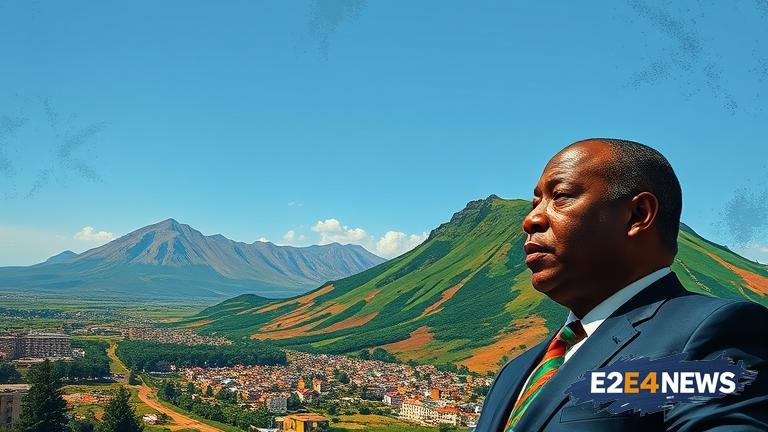The political landscape of South Africa is complex and ever-changing. In a recent podcast episode, Dr. Sizwe Mpofu-Walsh shared his insights on the country’s current state and the future of its leadership. With the 2024 elections looming, many are wondering if President Ramaphosa will survive until 2029. Dr. Mpofu-Walsh believes that the president’s fate is uncertain, citing the many challenges he faces, including a struggling economy, high unemployment, and internal party conflicts. The African National Congress (ANC) has been plagued by infighting and corruption scandals, which have eroded public trust. Despite these challenges, President Ramaphosa has implemented various reforms aimed at reviving the economy and tackling corruption. However, the pace of change has been slow, and many South Africans are growing impatient. The opposition parties, including the Democratic Alliance (DA) and the Economic Freedom Fighters (EFF), are gaining momentum, and the 2024 elections are expected to be highly contested. Dr. Mpofu-Walsh argues that the ANC’s internal dynamics will play a crucial role in determining President Ramaphosa’s future. The party’s national executive committee (NEC) has been a key factor in shaping the president’s agenda, but it is also a source of opposition. The ANC’s alliance partners, including the Congress of South African Trade Unions (COSATU) and the South African Communist Party (SACP), have also been critical of the president’s leadership. Furthermore, the ANC’s provincial structures have been a battleground for factional fights, which have weakened the party’s overall cohesion. In addition to these internal challenges, President Ramaphosa also faces external pressures, including the country’s struggling economy and the impact of the COVID-19 pandemic. The pandemic has exposed the weaknesses of South Africa’s healthcare system and highlighted the need for urgent reform. Dr. Mpofu-Walsh believes that the president’s ability to respond to these challenges will be critical in determining his survival until 2029. The podcast episode also touched on the role of the media in shaping public opinion and the importance of a free and independent press in holding those in power accountable. Dr. Mpofu-Walsh emphasized the need for critical thinking and nuanced analysis in understanding the complexities of South African politics. He also highlighted the importance of engaging with diverse perspectives and listening to the voices of ordinary South Africans. Ultimately, the future of South African politics is uncertain, and the outcome of the 2024 elections will depend on a variety of factors, including the performance of the economy, the effectiveness of the ANC’s campaign, and the ability of the opposition parties to mobilize support. As the country navigates this critical period, it is essential to prioritize critical thinking, nuanced analysis, and open dialogue. By doing so, South Africans can work towards a more inclusive and equitable future, where the needs and aspirations of all citizens are taken into account. The podcast episode concluded with a call to action, urging listeners to engage with the complexities of South African politics and to demand more from their leaders. With the country’s future hanging in the balance, it is essential to prioritize informed debate, critical thinking, and collective action. The fate of President Ramaphosa and the future of South Africa will depend on it. The country’s political landscape is complex, and the road ahead will be challenging. However, by working together and prioritizing the needs of all citizens, South Africans can build a brighter future for themselves and for generations to come. The podcast episode provided a thought-provoking analysis of the current state of South African politics and the challenges that lie ahead. It highlighted the need for critical thinking, nuanced analysis, and open dialogue in understanding the complexities of the country’s political landscape. As the country moves forward, it is essential to prioritize these values and to work towards a more inclusive and equitable future.





